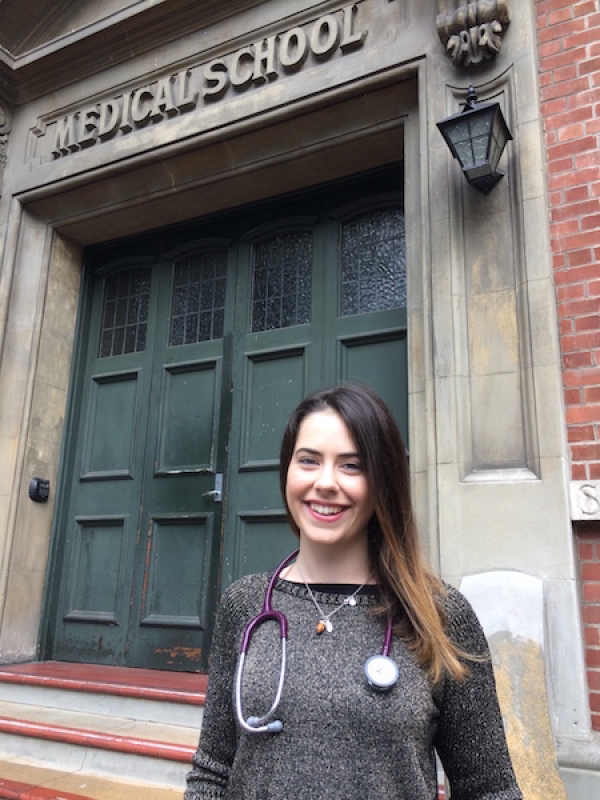So when it came to choosing subjects at high school, subjects that would support my journey into the competitive medical program were a priority. However, I did make one exception – French!
This even meant dropping biology in my final year of school. I have no regrets as I am now in my third year of medical school at the University of Otago.
I loved learning French in high school as it challenged me in ways that math and sciences couldn’t. It gave me courage to converse with the scope of language that I knew. And through these conversations I grew comfortable with making mistakes and learning from them.
The medical degree is wonderfully busy, so I have unfortunately not maintained my French language skills. Despite this, learning French at high school has given me confidence that I can learn a language and that I might be able to pick up French if I were to be immersed in the language once again. Medicine has its own language which, just like French, is heavily derived from Latin. So having learnt French actually still helps me to this day.
The Shared Histories trip was an incredible opportunity to learn more about New Zealand’s participation in the Great War and how it has contributed to the modern Kiwi identity. I naturally took particular interest in the dynamics of medical care in the war. Walking through the trenches in Ypres I gained a first hand understanding of how poor drainage and improper sewage systems quickly resulted in unsanitary living conditions. These conditions left soldiers festering in disease and infection (such as trench fever).
In the museums in France and Belgium I read how medics had very limited instruments and medication available to treat wounds. Because there were no antibiotics, small wounds often resulted in permanent physical disability as amputation was the best way to prevent infection at the time. Physical injury wasn’t the only burden on those soldiers who returned home. Psychological damage such as shell shock (now recognised as post-traumatic stress disorder) left an equally dismal lasting impact.
As I progress in my medical career I will always have this in the back of my mind and will consequently never take the advancements of modern medicine and increasing awareness of mental health for granted.
I am so grateful for my Shared Histories experience and still keep in touch with the other Young Ambassadors. It is exciting to follow their journeys as we navigate life beyond high school.


